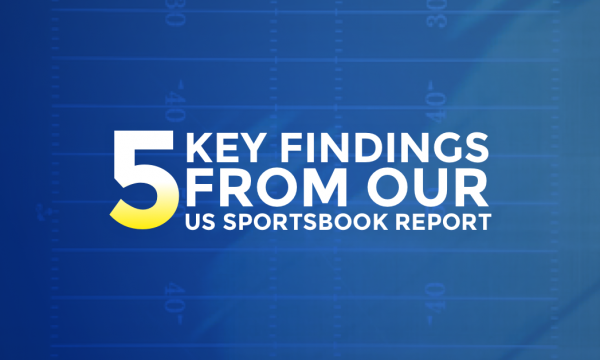At the beginning of 2016 we delved into how certain brands in this vertical were focussing very heavily on a small selection of high volume keywords that were unpredictable and competitive, and concluded that this strategy could lead to problems with their visibility.
Looking again at the beginning of 2017, it appears that what we saw in the crystal ball has come to pass. The market has become increasingly fragmented as some upstart brands have chipped away at the dominance of well-known brands.
2016: How the market looks
In January 2016, our analysis looked at the biggest keywords for driving traffic to the casino sector, a selection of 353 responsible for most of their search. With a solid performance across a wide range of keywords, Paddy Power was in number one position. They didn’t actually have a top ranking for any of the biggest keywords, but their consistency across the competitive terms, and good rankings on somewhat less competitive keywords made this a winning strategy. Overall they took advantage of in excess of 250 keywords.

Competitors such as Betfair and Virgingames.com, however, had robust traffic levels from smaller keyword sets, 164 keywords (9,000 organic visits) and 120 keywords (8,500 visits) respectively.
We highlighted the risk a focus on a smaller keyword set could pose for these brands. Changes to Google’s algorithm, or even just ranking fluctuations could lead to hastily plummeting ranking and visibility. This toxic cocktail can have a calamitous effect on clicks, something many brands attempt to remedy with expensive PPC pushes.
A year on, what has changed?
Big isn’t always beautiful
Paddy Power has managed to cling on to that number one spot, which is tribute to their wide keyword approach. Many other key brands, however, have lost visibility and in some cases have left the top ten.

Betfair, 2nd in 2016, had the biggest drop, nosediving to 105th, while 3rd place Virgin Games also exited the top ten. This cost these two brands, respectively, 8,968 and 6,966 monthly organic search visits.
There may, of course, be other reasons for the decline of the brands with the narrowest keyword sets – bgo.com and Unibet were two of the other big losers. While this factor has played a part, it’s important to note that the brand with the widest keyword coverage in 2016, Ladbrokes, has also slipped out of the top ten – haemorrhaging 6,214 visits per month as a result.
Another reason may just be ongoing volatility of this marketplace as newcomers enter the marketplace and make a grab for keywords. New entries into the top ten include casino.org, high5casino.com and starwins.co.uk, a domain that wasn’t even registered when we did our January 2016 analysis. It may be that the market settles down and corrects but, in the meantime, the big brands affected have taken quite a hit.
You’d have to delve down into the particular SEO strategy of each of these companies to truly understand the rises and falls in this vertical, and we can’t discount Google’s Penguin update in September as a component of some of these changes. But what we can conclude is that a wide keyword set can assist brands in alleviating the worst effects of changes to the algorithm and help fight off the new kids on the block.


